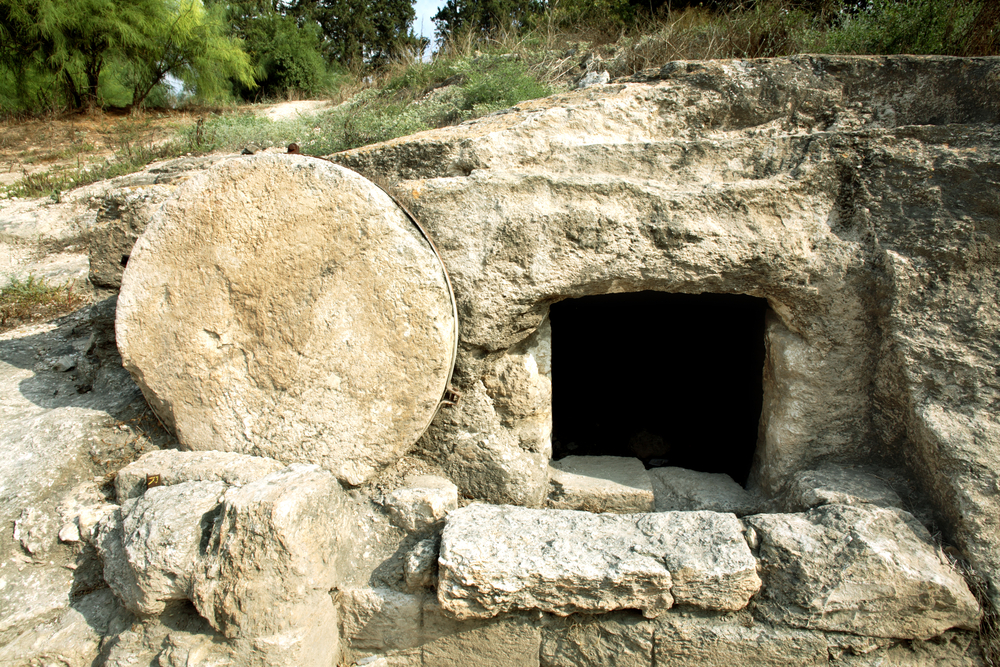Ask most Christians to explain what salvation is about, and one can expect to hear an answer that probably sounds something like this, “Salvation is about believing that Jesus died on the cross to pay the penalty for your sins so that you might be forgiven and made right with God.”
Sounds pretty good; however, the problem with this answer is that it fails to address Jesus’ resurrection. This is a glaring omission that should trouble us when we examine how salvation is explained in the New Testament. For the New Testament authors, Jesus’ resurrection from the dead was absolutely essential to an accurate understanding of what salvation is and what salvation brings about in our lives.
If we are to understand salvation rightly, we must begin by seeing it in terms of a transformation that is brought about in each of our lives, of being changed from a person corrupted by sin into a person who is pure and righteous. Paul states clearly that what is flesh and blood, what is perishable, cannot inherit the kingdom of God (1 Cor. 15:50).
Paul here is referring to what is unclean about our current state, and all of us, even as Christians, recognize that we, too, still sin and live in that corruption to varying degrees. While atonement has been made for our sins completely, our physical bodies and the unfinished transformation at work in them prevents us from entering into the kingdom of God fully transformed at this time.
If we do not appreciate our need to be changed, transformed from something sinful and wicked into something clean and holy, we will fail to understand the significance of Christ’s resurrection for our own lives.
With this in mind, we also recognize that, while that process of transformation is vital and necessary for us to pursue during our time here on Earth (the process of sanctification), it is impossible for us to achieve perfection and complete righteousness. Each of us will go to the grave unfinished. This is where the resurrection of Jesus makes a crucial difference.
Paul, in 1 Cor. 15:16, ties our physical resurrection to Jesus’ physical resurrection. He asserts that, since Jesus has been resurrected from the dead, that God both, can and will, do the same for us. We need God to be able to bring us back to life physically as uncorrupted, unstained, sinless people if we are to enter into the Kingdom of God.
Jesus’ resurrection is the clear evidence that God is able to do just that. This is why Christians can step out of this life with confidence and certainty, with hope, that their life beyond the grave is safe and in trustworthy hands.
While the work of Christ on the cross pays the penalty for our sin, that atoning work alone doesn’t remove the corruption that sin has brought to our bodies. We need the power of the resurrection to bring new life to us every day in place of the old life when sin had such power over us. The resurrection life that God is mighty to accomplish begins in the here and now of our earthly life. But it will completed and revealed via our resurrection from the dead in our perfect and glorified state. Therefore brothers and sisters, hope with great confidence, for our King has proven His power over death.
The resurrection is the foundation of much for Christianity. It has immense apologetic value for defending the truthfulness of Jesus’ claim to be God. It is, without question, the most persuasive argument for the reality of miracles. It provides a historical foundation for the Christian faith and Christian truth that is incomparable among the rest of the world’s religions. However, it is also at the heart of how Christians understand the Gospel and their own personal salvation.
